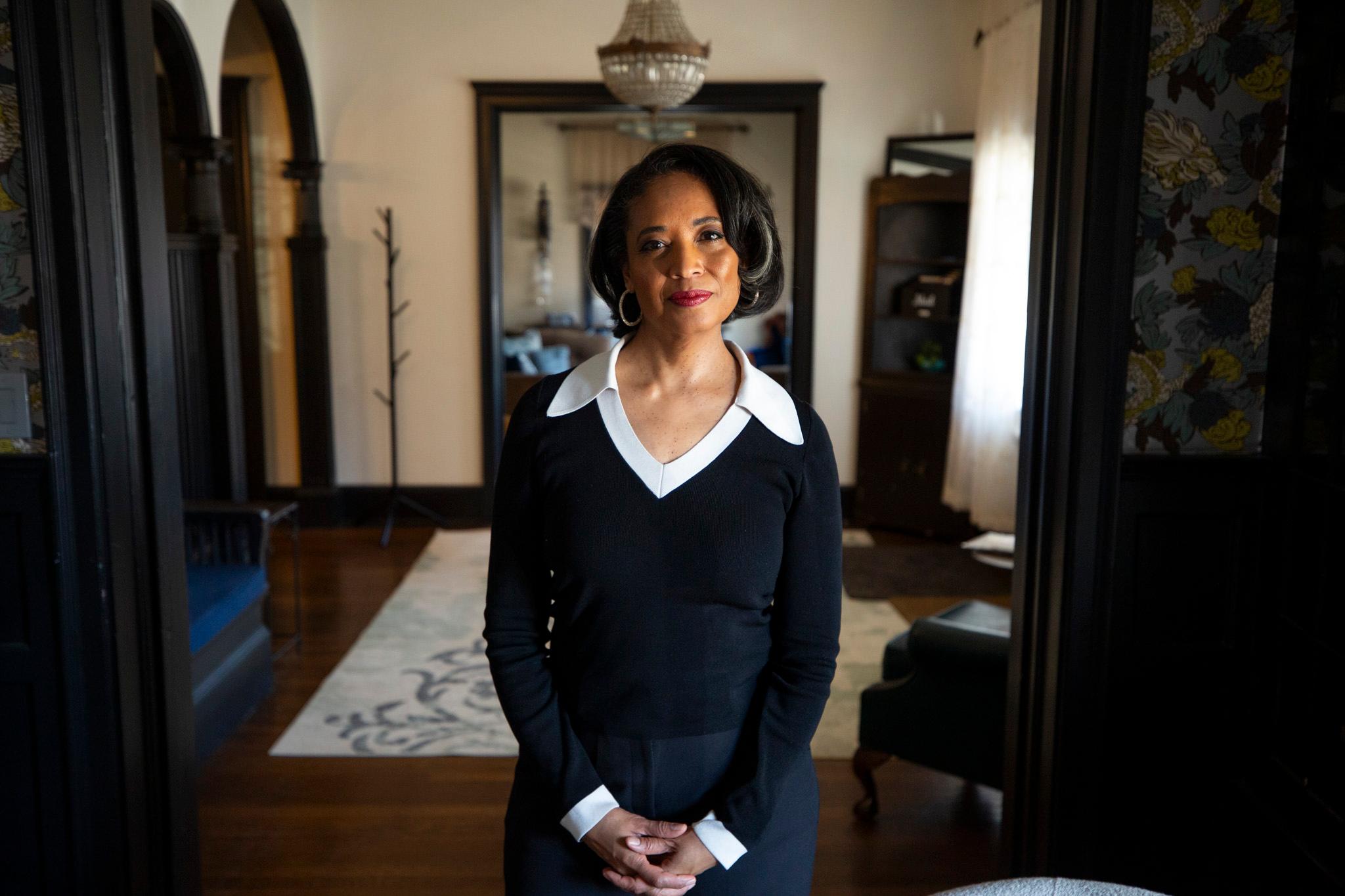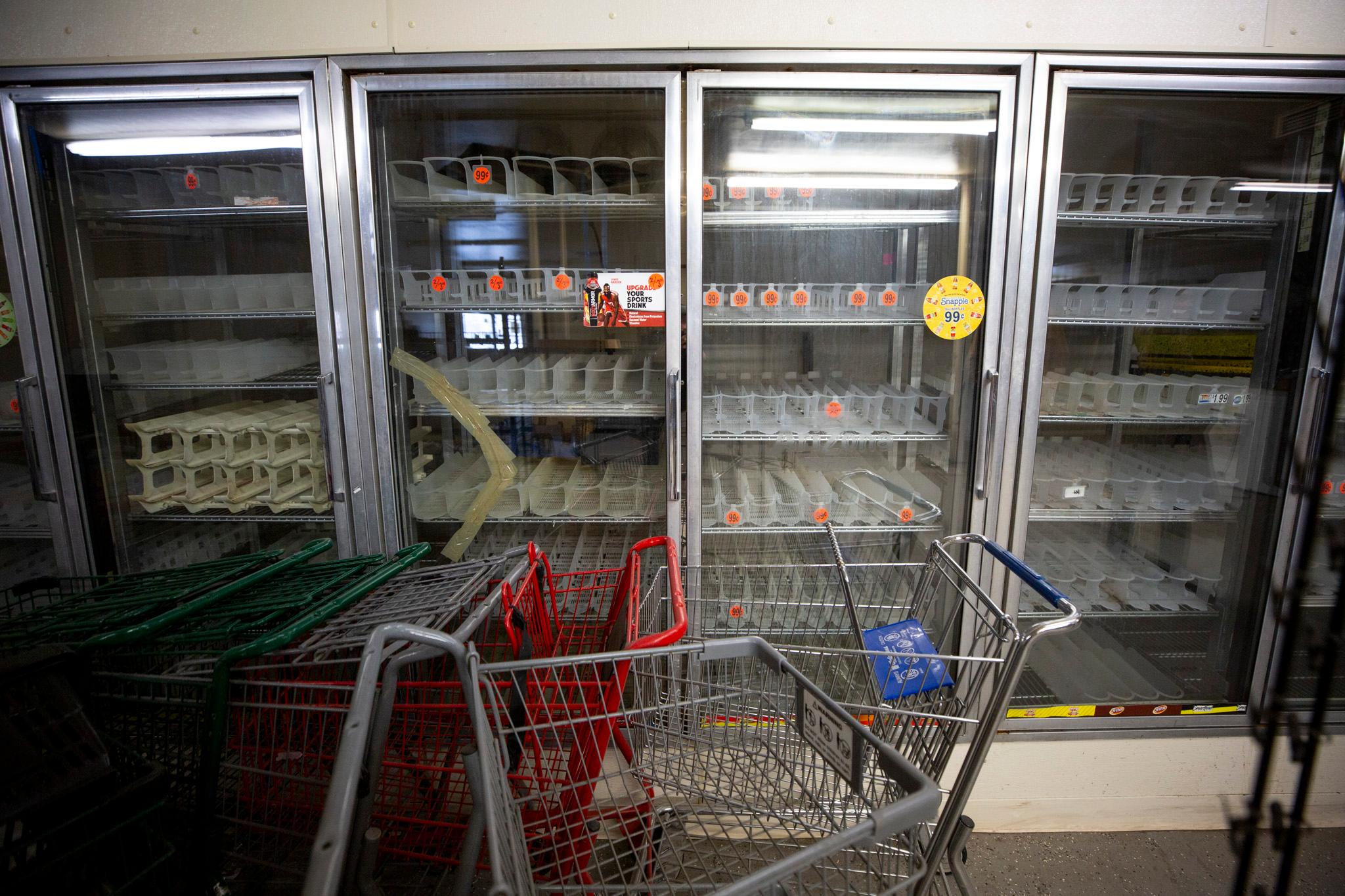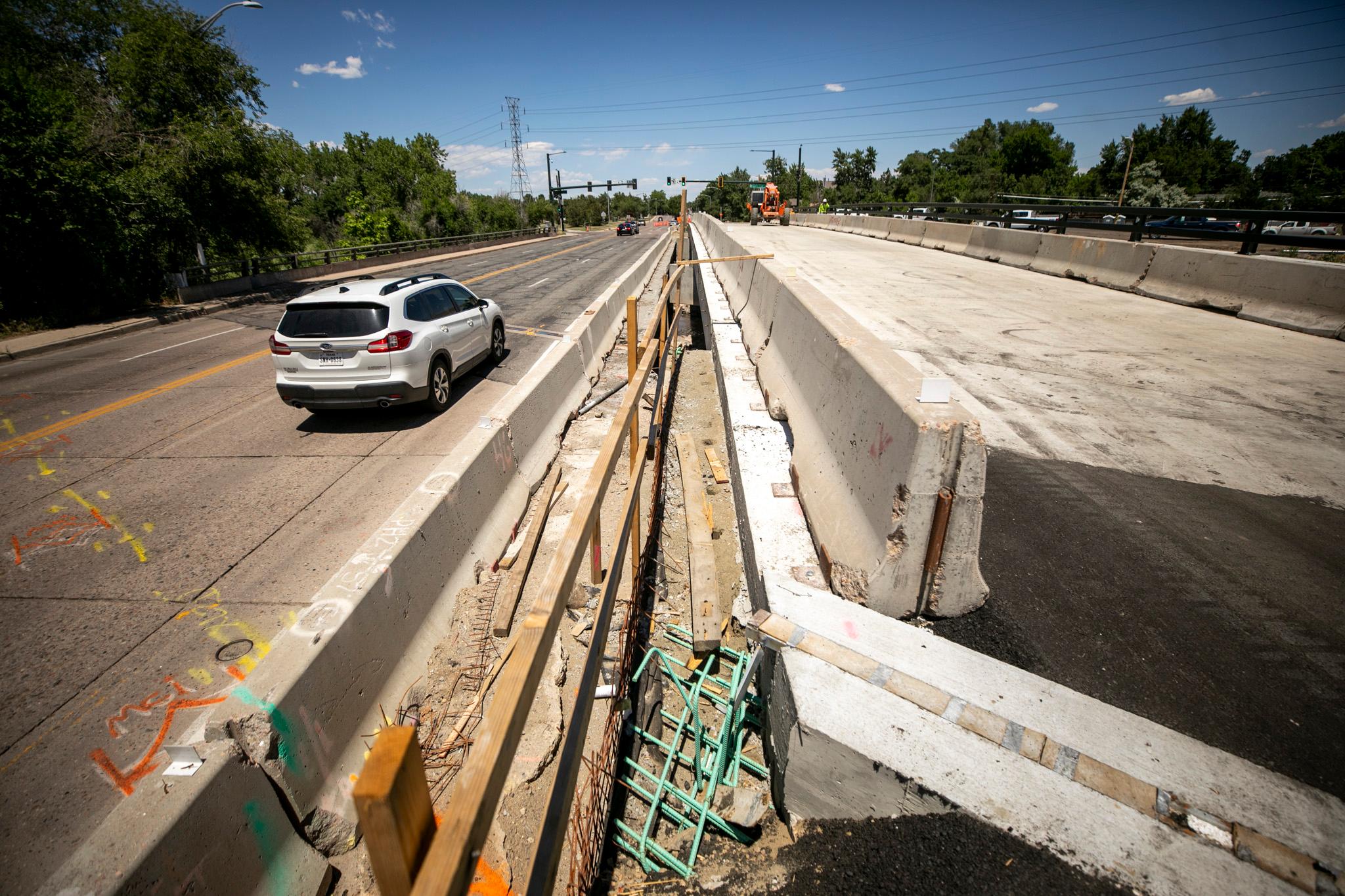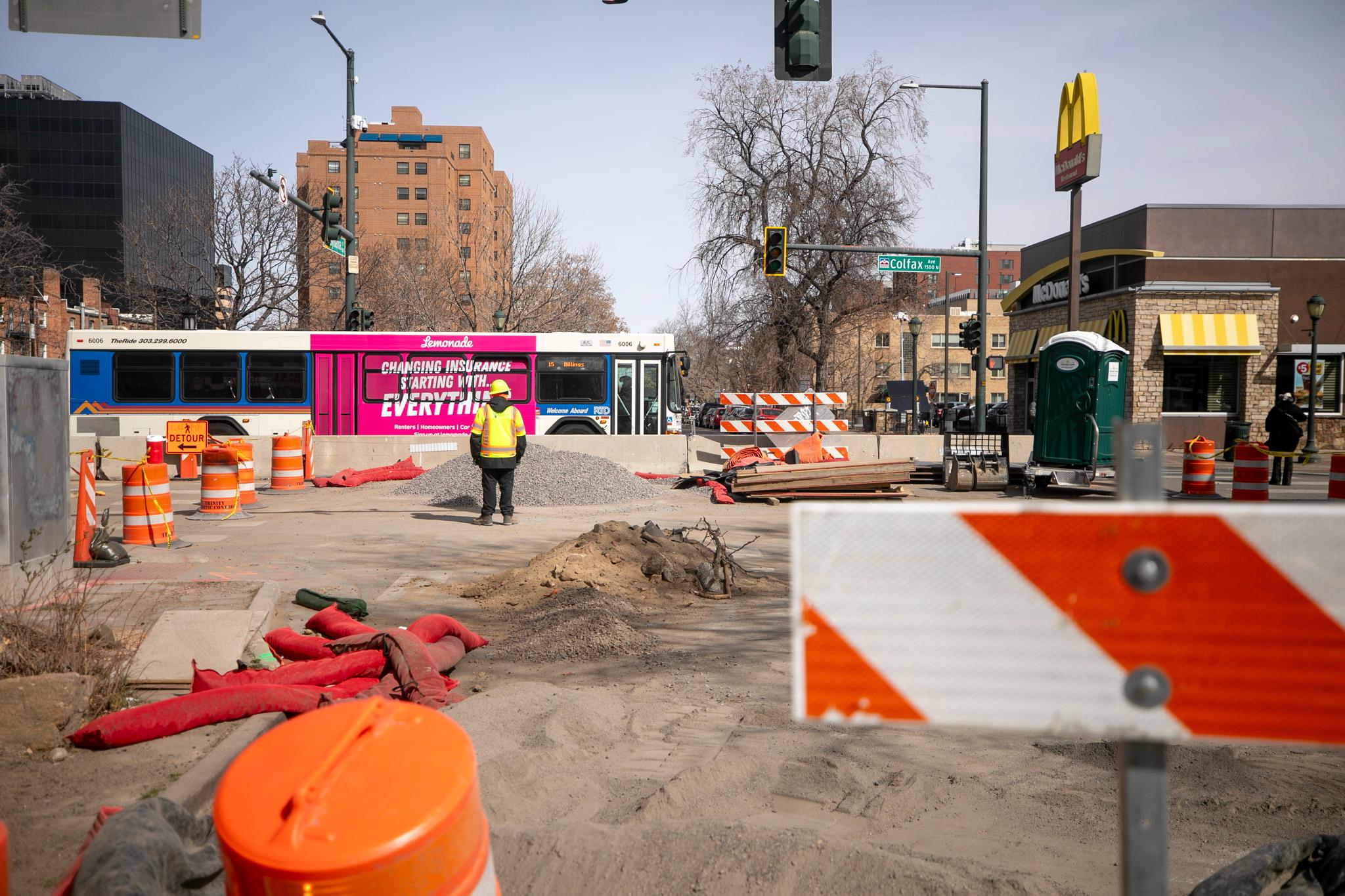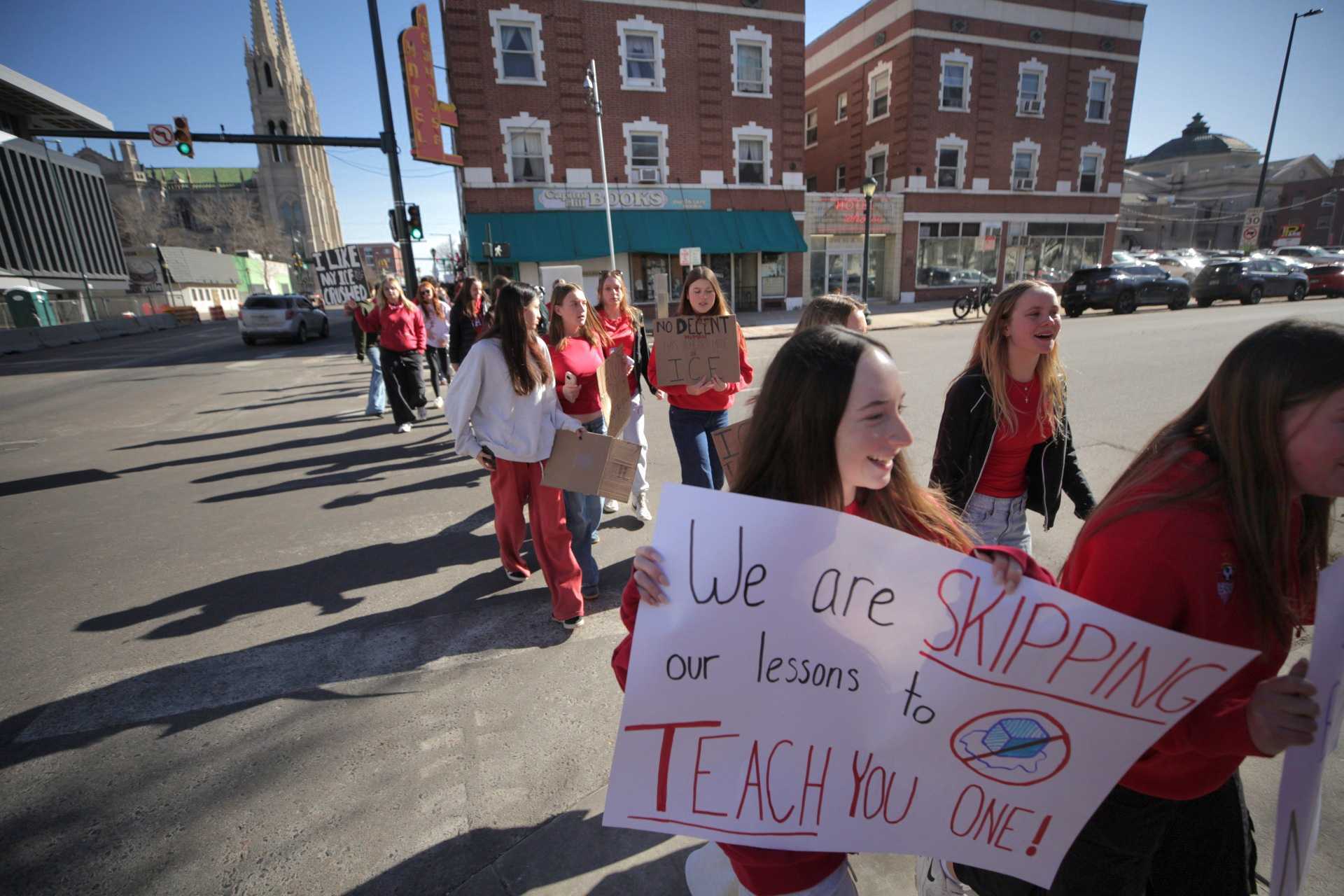The agreement that allows Xcel Energy to operate smoothly in the city of Denver will expire at the end of 2026, and the clock is ticking.
Mayor Mike Johnston’s administration has been negotiating for months on a renewal of the utility’s “franchise agreement.” The agreement must be renewed every 20 years — and each extension has to be approved by Denver’s voters.
City leaders hoped to put the renewal on this November’s election ballot. But the Denver City Council blocked the way earlier this month, with seven of the 13 members saying they wanted to get more community benefits out of the contract and a companion agreement.
The nonprofit Together Colorado was a key player in advocating for the delay. Volunteer leader Jeff Ackermann said the rejection was a surprising victory that left city and utility officials “stunned.”
“I think that shook them up a lot. And I think they were not prepared for the line of questioning that was put in front of them,” he said.
Now, the pressure on both sides is rising. Without a franchise agreement, Xcel could lose the right to freely access the public right of way in Denver, which is essential for building and maintaining its power and gas infrastructure. Meanwhile, the city could lose out on tens of millions of dollars that Xcel pays the city each year, among other perks.
It’s officially too late to get the agreement on the ballot this year. Instead, city officials are considering whether to hold a costly special election next June. Or they could wait until November 2026 — Xcel’s current preference — just months before the agreement expires.
“It does make me nervous,” Council President Amanda Sandoval said. “There’s several steps. It’s not just going to the ballot and having the voters vote on it.”
Meanwhile, consumer advocates and environmentalists are embracing the challenge — saying the city council has created a golden opportunity to win discounts, data and other benefits from the utility.
Together Colorado’s clients have raised concerns about the mounting costs of utility bills and a “lack of quality customer service from Xcel,” organizer Thomas Weiler said.
He added: “We thought this agreement was an important place for those concerns to see the light of day.”
Here’s what you need to know.
What is a franchise agreement?
Franchise agreements allow a utility like Xcel to effectively run its business, giving access to city streets, alleyways and other infrastructure. Xcel is a state-regulated monopoly utility, meaning it has the sole right to provide power and gas in Denver and the rest of its service area. Xcel also owns and operates Denver’s streetlights.
The agreements also come with benefits for the city. The utility currently gives Denver about $30 million a year for the general fund; provides billions of dollars worth of help in relocating utility lines; and offers other perks like energy efficiency programs. The proposed new agreement would also have Xcel contribute about $10 million annually to bury power lines underground.
Denver voters have been asked to approve franchise agreements with Xcel every 20 years since the early 1900s. The most recent agreement, approved by voters in 2006, was hailed as groundbreaking. It included promises that Xcel would help with energy efficiency and renewable development.
The new agreement is similar to the current one, but advocates want to go further.
What do advocates want to add to the agreement?
There are limits to the franchise agreement and the companion agreement. Most notably, they can’t be used to lower Xcel’s overall energy rates.
But Weiler and Ackermann said the utility could still do more to help people who are facing rising bills and rising heat.
“Many times they're right that you can't negotiate a new rate at your city council, but you can do pilots and demonstration projects and other ways of offering genuine relief to the poor and to the folks on the margin and working class folks trying to figure out, wait, how does this system work for me? When can I access rooftop solar, community solar?” Ackermann said.
Council members also named a laundry list of other demands in a recent meeting. Members Sarah Parady and Shontel Lewis said the city should push for access to more detailed data about energy use and how it’s generated.
Xcel said it’s willing to negotiate.
“We heard loud and clear that the Franchise Agreement was in a good place, but that the companion agreement needs more council, community and stakeholder engagement and feedback. We are committed to ensuring we work with our communities over the next year to hear their concerns,” wrote spokesperson Michelle Aguayo.
What happens if the franchise agreement expires?
Xcel could keep operating in Denver even if the agreement expires. In fact, the city of Boulder went some 10 years without a franchise agreement. The city was trying, unsuccessfully, to launch a municipal utility.
If the Denver agreement expires, the two parties would likely agree to temporarily extend the existing agreement, according to Ackermann, a former chair of the state Public Utilities Commission.
But if it weren’t extended, Denver could lose out on the agreement’s community benefits. At the same time, the utility could lose out on city business and face more uncertainty about its access to the right of way, Ackermann said.
“There’s money at stake there — so it goes both ways — both parties have a strong incentive to come to an agreement,” Ackermann said.
Xcel has said there is no threat to local power service.
“We will continue to serve our Denver customers with the clean, safe, reliable and affordable energy they rely on as we determine next steps and bring it back for consideration in 2026 in conjunction with the expiring of the current agreement,” Aguayo wrote.
What happens next?
The city and the utility have two major challenges.
First, they’ll likely have to revise the proposed agreement to win the council’s approval and place it on the ballot.
“I don't think people quite understand what a franchise agreement is yet. So I think that there needs to be some community outreach by Xcel in the fall and early spring so that we can understand what the residents know about franchise agreements and what we can get into a companion agreement, a binding companion agreement,” Sandoval said.
Sharon Battle, board president for Together Colorado, said Xcel needs to get engaged.
“We need Xcel to be the best kind of neighbor — a neighbor who cares about all the people in the community,” she said.
The second big question is about when — and how — the election might be held.
Xcel confirmed on Tuesday that it would aim for the November 2026 election.
“We will be working with the Mayor’s Office, city council and other stakeholders in a collaborative effort heading into 2026. We’ll have more details as we work with our community, making sure they are part of the discussion as we build unified support for the franchise vote in November 2026,” Aguayo wrote.
Sandoval cautioned that a November vote would leave little time for the deal to be finalized by the state Public Utilities Commission.
The alternative option would be holding a special election next June. That would leave more time, but it would cost an estimated $2 to $3 million, according to the city clerk’s office. Xcel would have to pay the cost of that election, a clerk’s spokesperson said.
How did council members vote on the original proposal?
Council members Kevin Flynn, Diana Romero Campbell, Amanda Sawyer, Jamie Torres, Darrell Watson and Sandoval had voted in favor of the original proposal. But all seven other members voted against it.
Councilmember Stacie Gilmore, who voted against the proposal, was seen as the swing vote. Gilmore has criticized Xcel for its role in the failure of the proposed Swire Coca Cola plant, as well as Mayor Johnston for his plan to study modular nuclear power in her district, which has since been delayed.
“I am so happy. I'm so happy that Councilwoman Gilmore listened and was impacted by this,” Battle said.






